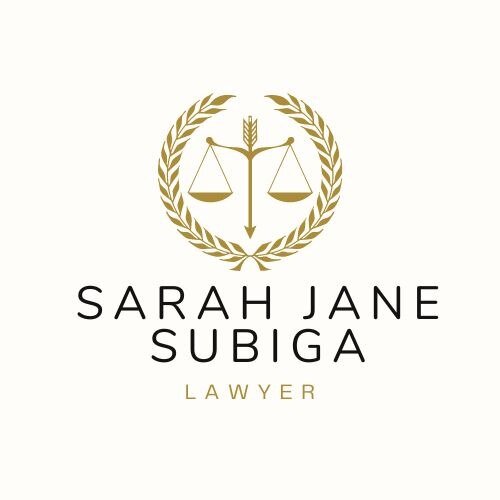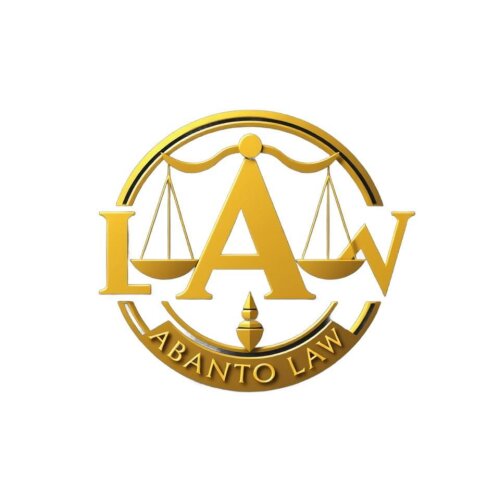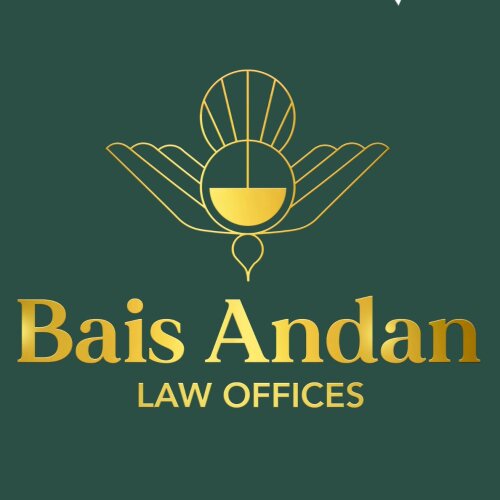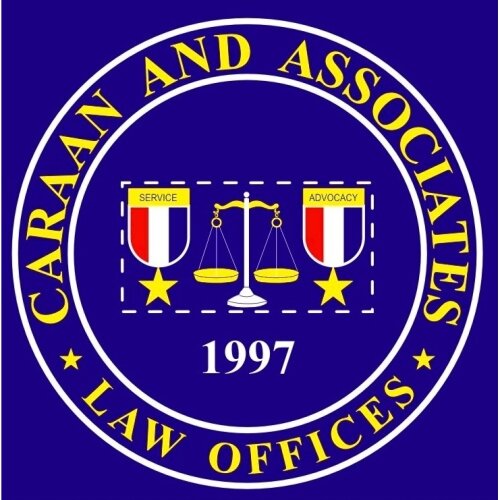Best Work Injury Lawyers in Philippines
Share your needs with us, get contacted by law firms.
Free. Takes 2 min.
Or refine your search by selecting a city:
List of the best lawyers in Philippines
About Work Injury Law in Philippines
Work injury law in the Philippines primarily centers on protecting the rights of employees who suffer injuries in the workplace. The legal structures aim to ensure that employees receive appropriate compensation for injuries sustained, whether due to accidents or unsafe working conditions. The Employee Compensation Commission (ECC) and the Social Security System (SSS) are key institutions that handle work injury claims. The Labor Code of the Philippines, as well as other regulations, provide the foundation for work injury rights and compensation.
Why You May Need a Lawyer
While navigating work injury claims, you might encounter various challenges that necessitate legal assistance. Common situations include:
- Disputes with employers over the injury's compensability or the amount of compensation due.
- Complex paperwork and procedural requirements that can be difficult to manage without professional help.
- Instances where the injury caused long-term disability, requiring a more substantial compensation package.
- Cases involving third-party liability where additional legal avenues may be explored for compensation.
Local Laws Overview
The key aspects of local laws concerning work injury in the Philippines include:
- The Labor Code of the Philippines outlines general rights and responsibilities surrounding workplace safety and accident compensation.
- Employees covered by the SSS are entitled to benefits for work-related injuries, which include medical services, rehabilitation services, and cash income benefits.
- The Employees' Compensation Program (ECP) facilitates income, medical, and rehabilitation benefits to private and public sector employees or their dependents in the event of work-related contingencies.
- Occupational Safety and Health Standards (OSHS) mandate that employers ensure safe working conditions to prevent work-related injuries.
Frequently Asked Questions
What should I do immediately after a work injury?
Immediately report the injury to your employer and seek medical attention. Ensuring prompt documentation of the incident and medical treatment is crucial for future claims.
Am I eligible for compensation if the injury was my fault?
Yes, in many cases, compensation may still be available even if an accident was partially your fault, as long as it occurred during the course of employment.
How much compensation am I entitled to receive?
Compensation varies based on the extent of injuries, loss of income, and expenses incurred. Legal counsel can help evaluate specific entitlements based on your circumstances.
Can I claim for stress-related injuries?
Yes, if work-related stress leads to a diagnosable mental or physical condition, you may be eligible for compensation, though these claims can be complex and may benefit from legal advice.
How long do I have to file a claim for a work-related injury?
You should file your claim as soon as possible. Delays in filing can affect your eligibility. Consult specific guidelines or seek legal advice for timelines applicable to your case.
What is the role of the Employee Compensation Commission (ECC)?
The ECC administers the Employees' Compensation Program, which covers work-related injuries and illnesses, providing various forms of compensation to affected employees.
When should I hire a lawyer for my work injury case?
If your injuries are severe, your claim is denied, or you encounter any disputes in your claim process, seek legal advice. A lawyer can help navigate complex legal settings and advocate on your behalf.
Will hiring a lawyer be costly?
Many lawyers operate on a contingency fee basis for injury cases, meaning they only get paid if you win your case. Discuss potential fees and arrangements during your initial consultation.
Can I file a lawsuit against my employer after a work injury?
Generally, the Employees’ Compensation Program is designed to be a no-fault system, restricting direct lawsuits against employers, but there are exceptions. Legal advice can clarify your options.
What types of injuries qualify for compensation?
Most workplace injuries qualify, including physical injuries from accidents, repetitive stress injuries, occupational diseases, and mental health conditions stemming from workplace conditions.
Additional Resources
- The Employee Compensation Commission (ECC) offers support and information on work injury claims and compensation programs.
- The Social Security System (SSS) provides benefits for those injured at work under the Employee Compensation Scheme.
- The Department of Labor and Employment (DOLE) offers resources and guidance on occupational health and safety standards.
Next Steps
If you need legal assistance for a work injury, consider taking the following steps:
- Document all details related to the injury, including medical reports, incident reports, and correspondence with your employer.
- Reach out to a lawyer specializing in work injury cases. Prepare to discuss the incident and any challenges faced with obtaining compensation.
- Utilize resources provided by governmental bodies like the ECC or legal aid organizations if needed, to ensure proper filing of claims and understanding of your rights.
Lawzana helps you find the best lawyers and law firms in Philippines through a curated and pre-screened list of qualified legal professionals. Our platform offers rankings and detailed profiles of attorneys and law firms, allowing you to compare based on practice areas, including Work Injury, experience, and client feedback.
Each profile includes a description of the firm's areas of practice, client reviews, team members and partners, year of establishment, spoken languages, office locations, contact information, social media presence, and any published articles or resources. Most firms on our platform speak English and are experienced in both local and international legal matters.
Get a quote from top-rated law firms in Philippines — quickly, securely, and without unnecessary hassle.
Disclaimer:
The information provided on this page is for general informational purposes only and does not constitute legal advice. While we strive to ensure the accuracy and relevance of the content, legal information may change over time, and interpretations of the law can vary. You should always consult with a qualified legal professional for advice specific to your situation.
We disclaim all liability for actions taken or not taken based on the content of this page. If you believe any information is incorrect or outdated, please contact us, and we will review and update it where appropriate.
Browse work injury law firms by city in Philippines
Refine your search by selecting a city.

















